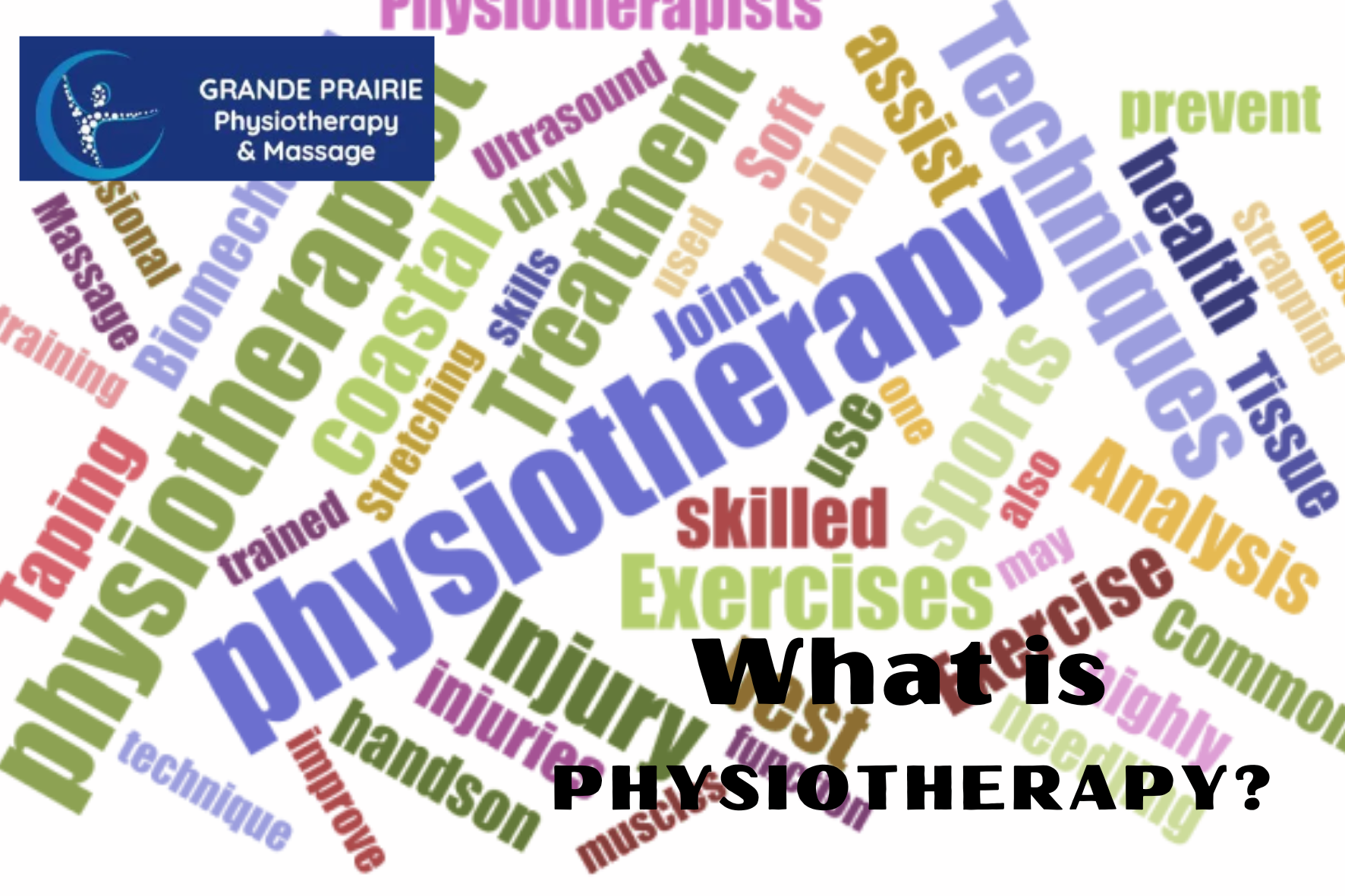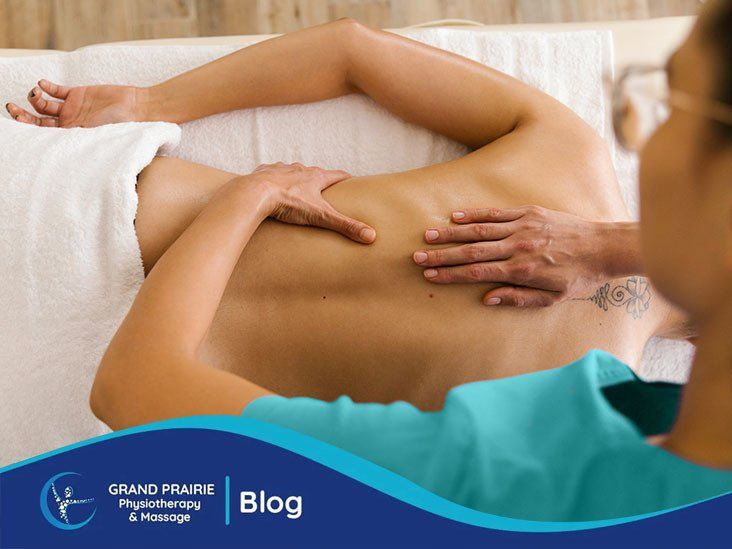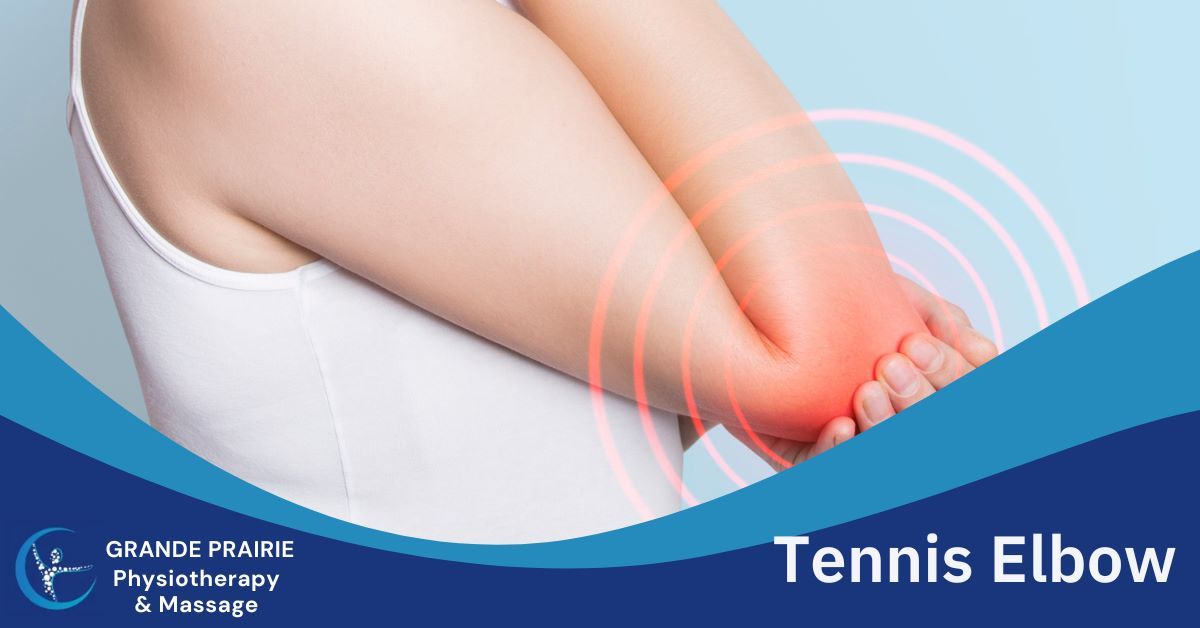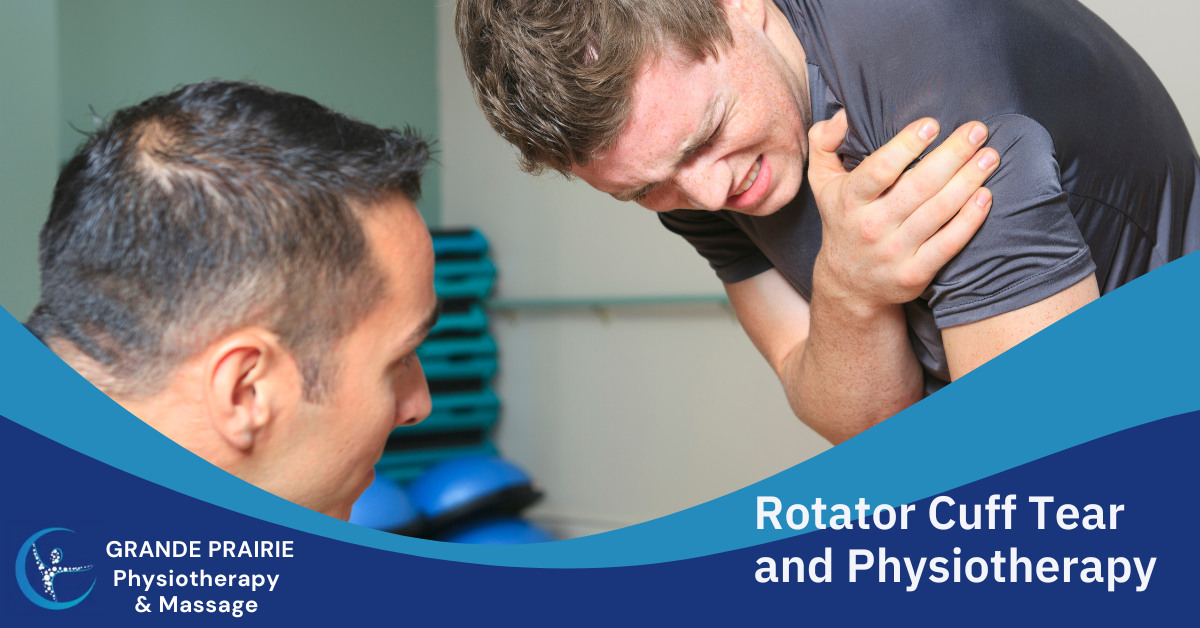The Benefits of Physiotherapy to TMJ Sufferers
If you suffer from TMJ, you know how painful and debilitating the condition can be. You may have tried a variety of treatments to find relief, but you may not have considered physiotherapy. Physiotherapy can be an effective treatment for TMJ, providing relief from pain and helping to improve jaw function. This blog post will explore the benefits of physiotherapy for TMJ sufferers.
What is TMJ?
TMJ is a condition that affects the temporomandibular joint, which is the joint that connects the jawbone to the skull. TMJ can cause pain and inflammation in the joint and difficulty opening and closing the mouth. There are a number of treatments available for TMJ, including physiotherapy.
How Is It Diagnosed?
There are a few different ways that TMJ can be diagnosed. The first is by looking at your medical history and symptoms. Your physiotherapist will ask you about when the pain started, what makes it worse, and whether you have any other associated symptoms.
The second way to diagnose TMJ is with a physical examination. Your physiotherapist will examine your jaw and look for any signs of inflammation or pain. They may also ask you to perform some movements to see how well the joint moves.
The final way to diagnose TMJ is with imaging tests, such as an X-ray or MRI. This will allow your physiotherapist to see the structure of your jaw and look for any signs of damage or inflammation.
Symptoms of TMJ
Signs and symptoms of TMJ disorders may include:
Pain or tenderness of your jaw
Pain in one or both of the temporomandibular joints
Aching pain in and around your ear
Difficulty chewing or pain while chewing
Aching facial pain
Locking of the joint makes it difficult to open or close your mouth
Muscle spasms in your jaw
Physical Therapy Treatment for TMJ: The Benefits
Here are some of the benefits of physiotherapy treatment for TMJ:
1. Pain relief
One of the main benefits of physiotherapy is that it can help to relieve pain. The therapist will work with you to identify the source of your pain and then develop a treatment plan tailored specifically for you. This may include exercises to stretch and strengthen the muscles around the jaw joint, as well as techniques to improve your posture and alignment.
2. Increased joint mobility
Physiotherapy can help to increase joint mobility, which can be helpful for those suffering from TMJ. When the joints are more mobile, it can help to reduce pain and discomfort. Additionally, increased joint mobility can help to improve function and quality of life.
3. Improved function
TMJ can cause difficulty opening and closing the mouth, which can make it difficult to eat and speak. Physiotherapy can help to improve function, allowing you to do these things with ease.
4. Reduced inflammation
Inflammation is a common symptom of TMJ. Your physical therapist may use modalities such as heat or ice to help reduce inflammation. People with TMJ often find relief from these treatments.
5. Increased awareness
Physiotherapy can also help to increase your awareness of how you use your jaw. Because physiotherapy is a hands-on type of treatment, your physiotherapist will be able to show you how to use your jaw properly and what types of movements to avoid. This can help you to avoid activities that may aggravate your symptoms.
6. Improved quality of life
Physiotherapy has been shown to improve the quality of life for people with TMJ disorders. In one study, participants who received physiotherapy reported a significantly improved quality of life compared to those who did not receive treatment. This was measured using a questionnaire that assessed physical function, pain, emotional well-being, and social participation.
Participants who received physiotherapy also reported a significant reduction in pain and improved physical function. This suggests that physiotherapy can be an effective treatment for improving the quality of life for people with TMJ disorders.
7. Prevention of further damage
If TMJ is left untreated, it can further damage the joint. This can result in a loss of function and permanent changes to the way the jaw moves. Physiotherapy can help to prevent further damage by correcting the underlying causes of TMJ and teaching you how to properly use your jaw.
How Physiotherapy Can Help Relieve TMJ Pain and Discomfort
TMJ, or temporomandibular joint disorder, is a condition that can cause pain and discomfort in the jaw area. While there are various treatments available for TMJ, including physiotherapy, some people may be hesitant to try this approach due to the misconception that it will be painful. There are many ways that physiotherapy can help relieve the symptoms of TMJ. Physiotherapists will often use a combination of treatments, including:
Manual therapy: This includes massage and manipulation of the muscles and tissues around the jaw joint. This can help to reduce pain and inflammation and increase joint mobility.
Exercises: Exercises can help strengthen the muscles around the jaw joint, which can help to reduce pain and inflammation.
Therapeutic modalities: This includes therapies such as heat or ice, which can help to reduce inflammation and pain.
Splinting: Splinting can help keep the jaw in a comfortable position, which can help to reduce pain and inflammation.
Common Causes of TMJ Pain
There are many potential causes of TMJ pain, but some are more common than others. Here are the three most common causes of TMJ pain:
Misaligned teeth: If your teeth are not properly aligned, it can cause a lot of stress on your TMJ joint. This can lead to inflammation and pain.
Poor posture: Bad posture can also put much stress on your TMJ joint, leading to pain and inflammation.
Clenching or grinding your teeth: Clenching or grinding your teeth can also lead to TMJ pain. This is because it puts a lot of stress on the joints, leading to inflammation and discomfort.
TMJ Do’s and Don’ts
Don’t eat anything that requires excessive chewing, like hard bread, raw vegetables, or tough meat.
Don’t chew gum
Cut food into small pieces to reduce chewing
Sleep on your back to alleviate pressure
Don’t open your mouth too wide when yawning, speaking, singing, coughing, etc.
Maintain good posture
Reduce stress in your life
Don’t pop or crack your jaw
Please don’t move your jaw in a way that it makes a grinding sound.
What Can Go Wrong?
Although the temporomandibular joint is very strong and versatile, it can still go wrong. Several conditions and disorders can affect the joints, including:
TMJ Syndrome: This is a condition that affects the muscles and tissues around the temporomandibular joint. It can cause painful inflammation.
Myofascial Pain Syndrome: This is a condition that affects the muscles and tissues around the temporomandibular joint. It can cause pain, inflammation, and stiffness in the muscles.
Tendinitis: This is a condition that affects the tendons that attach the muscles to the bones. It can cause pain, inflammation, and tenderness in the area.
TMJ Arthritis: This is a condition that affects the joint itself. It can cause pain, inflammation, and stiffness in the joint.
Dislocation of the Joint: This is a rare condition in which the bones that make up the temporomandibular joint become dislocated.
Bruxism: This condition causes people to grind their teeth at night. It can cause pain and inflammation in the jaw joint.
How to Find a Good Physiotherapist for TMJ
There are a few things to keep in mind when looking for a physiotherapist to help with TMJ. First, it’s important to find someone who has experience treating this condition. They should also be able to tailor their treatment plan specific to your needs.
It can be helpful to ask around for recommendations. Friends or family members who have had good experiences with their physiotherapists can point you in the right direction. You can also search online for physiotherapists in your area. Be sure to read reviews before making a decision.
The Bottom Line
Physiotherapy is an important part of the treatment plan for TMJ sufferers. The goal of physiotherapy is to help you regain the full range of motion in your jaw and reduce or eliminate any pain or discomfort you may be experiencing. A qualified physiotherapist will work with you to create a personalized treatment plan that meets your specific needs. If you are suffering from TMJ disorder, don’t hesitate to ask your doctor about physiotherapy as part of your treatment plan.
Physiotherapist in Grande Prairie, Alberta
Do you suffer from jaw pain, clicking or popping? You may need the services of a physiotherapist. Grande Prairie Physiotherapy & Massage offers treatment for temporomandibular joint dysfunction (TMJ). We’ll work with you to find relief from your symptoms and get you back to your daily life pain-free.
If you’re looking for a physiotherapist in Grande Prairie, Alberta, contact us today to book an appointment. We’ll be happy to answer any questions you have about our services.











